Students Develop Low-Cost Wearable Device for the Visually Impaired
Cars That Think
JULY 7, 2023
OurVision is a low-cost wearable that reads text out loud to users and helps them navigate their surroundings. The portable device helps the user read in just about any location and lighting conditions. The team built 11 devices, which currently are stored in the NAB library. Users must sign them out.

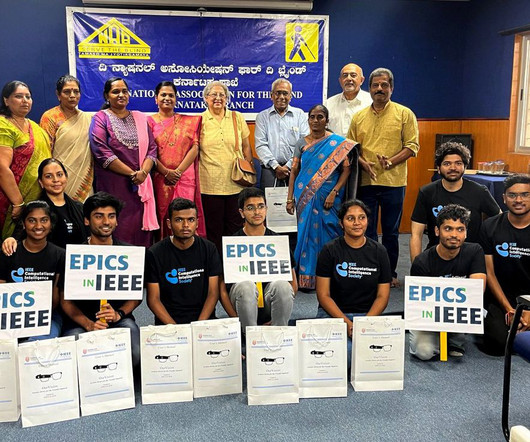
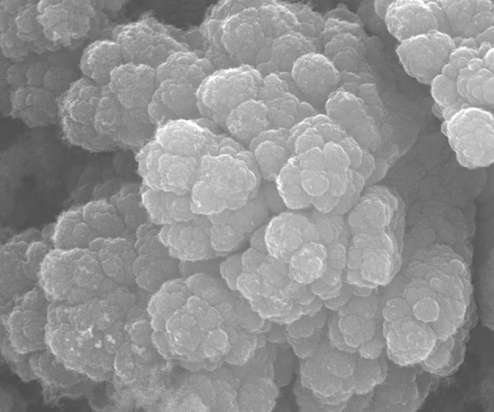
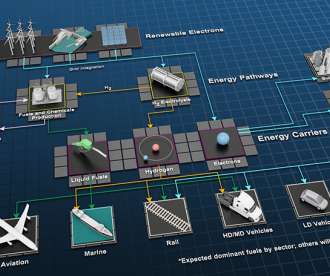


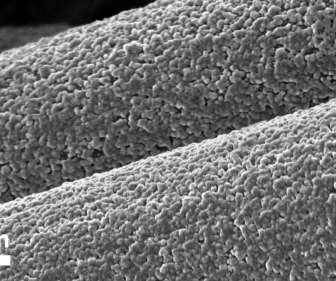
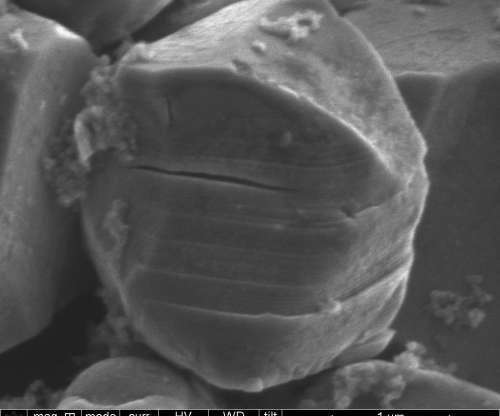
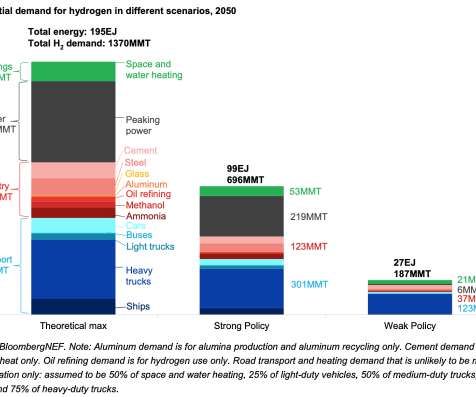
















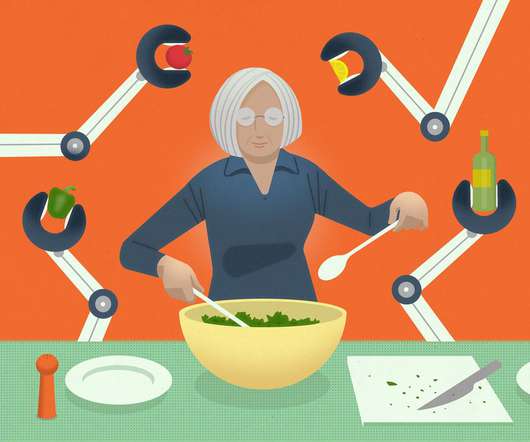





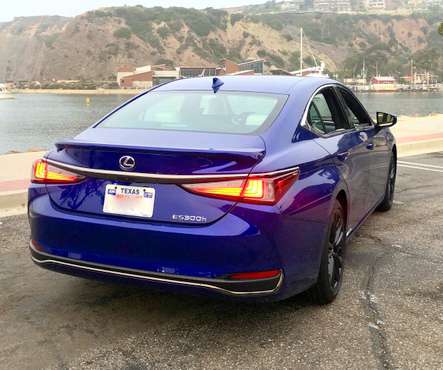










Let's personalize your content